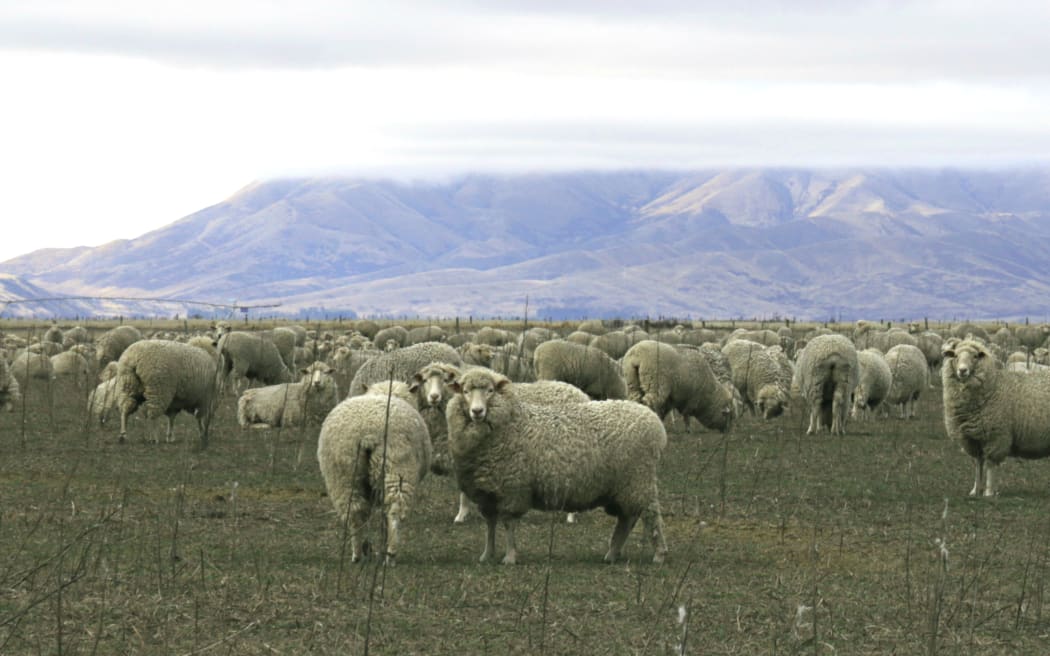
Primary industries including agriculture, horticulture, forestry, fishing and associated processing account for 80 percent of the country's goods exports Photo: RNZ/Cosmo Kentish-Barnes
Growing food and fibre exports could help pay for the country's growing population a new report has found.
The New Zealand Institute of Economic Research paper said primary industries, which include agriculture, horticulture, forestry, fishing and associated processing, account for 80 percent of the country's goods exports and are one of the main sources of income and tax revenue that funds public services.
The report, commissioned by The Helen Clark Foundation, said with an ageing population placing increased strain on New Zealand's public services, the country must earn more to maintain current living standards.
Author Bill Kaye Blake said primary industries were part of the answer because they earned more than any other part of the economy.
"If we can get more value for those exports we can increase the income of the country."
But the paper noted hurdles in the way of growing exports including a lack of investment, consumer focus, collaboration and labour issues.
Blake said as part of the research they interviewed leaders in the food and fibre sector.
"What they told us is that there is a lot of infighting among New Zealand firms when they're overseas, which results in a race to the bottom.
"Other countries have a lot more collaboration so they present themselves to the world as a single package - if we did the same and encouraged collaboration we could increase the price we get in overseas markets."
New Zealand is a small country and distant from its markets, so it had to look at what it could change, he said.
"We need to think better about how we manage our companies and workforce, we need to increase investment and have better collaboration."
The report said a change of mindset would help.
"Sector leaders believed the country needed to celebrate success more and that the sector needed rock-star CEOs and charismatic entrepreneurs.
"Improving productivity will be hard, but maintaining the status quo will leave us with a middling economic performance and increasing anxiety about how New Zealand will pay its way in the future," Blake said.





